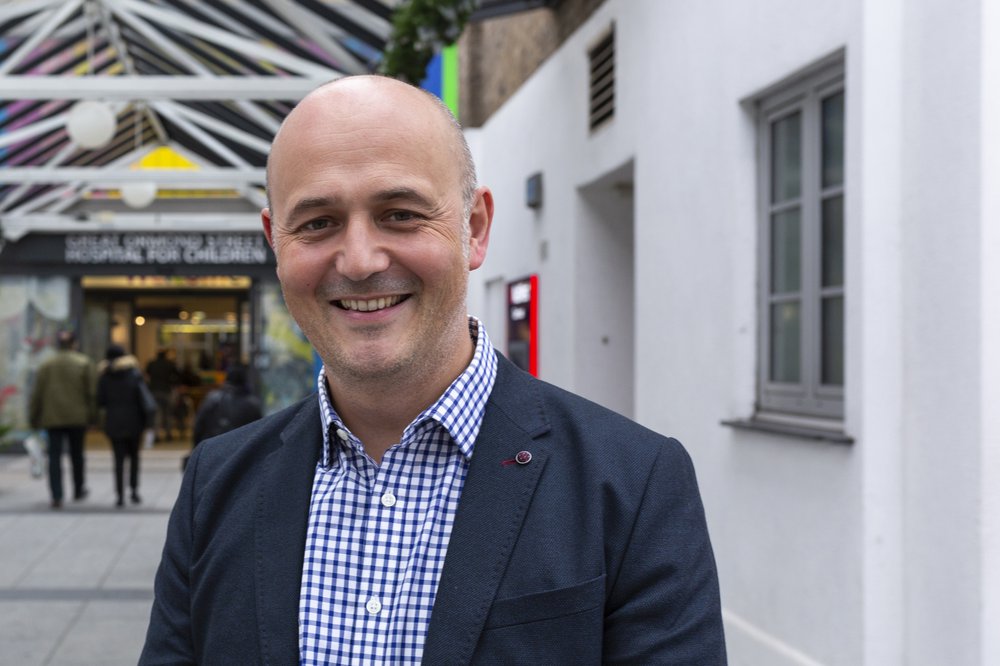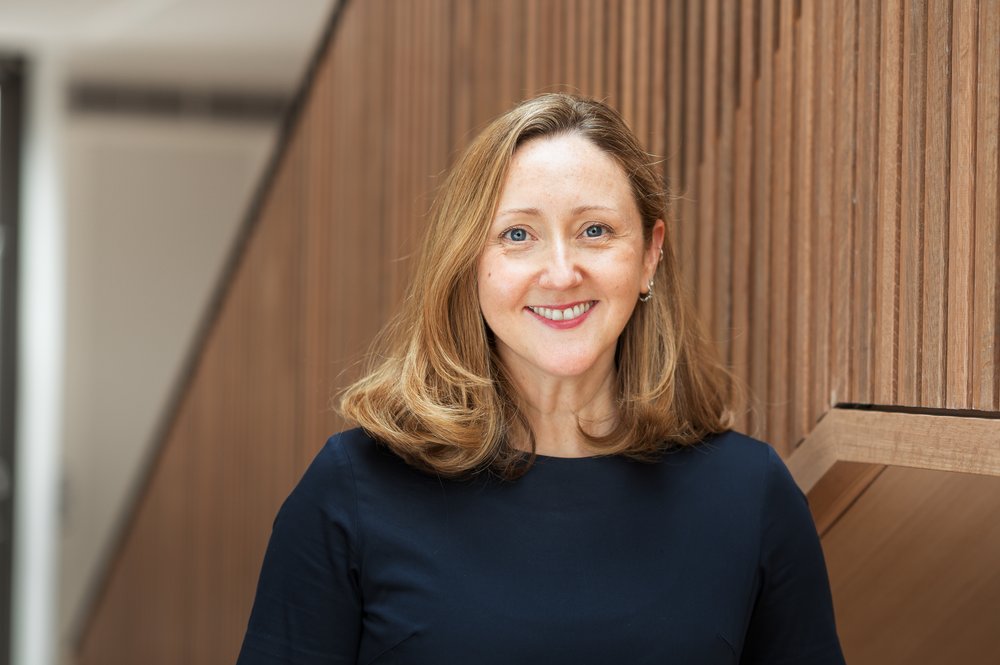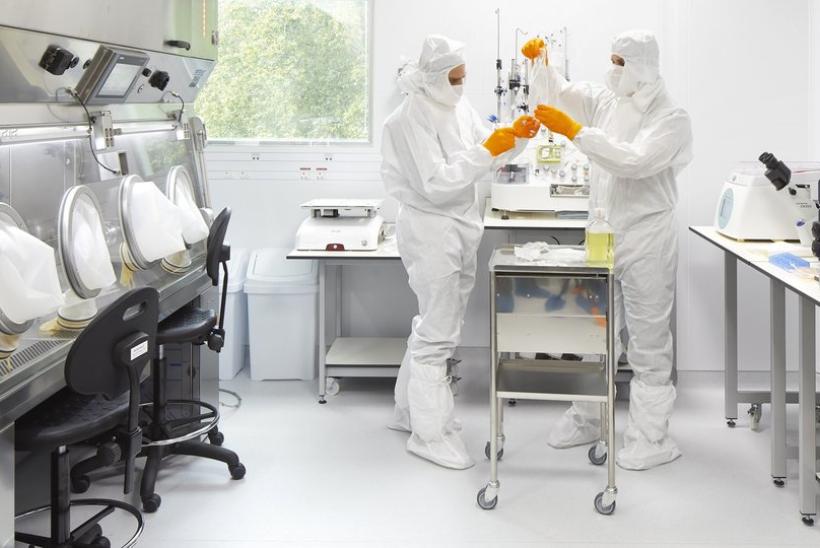Europe-wide group launched to boost access to life-saving gene therapies
A new Europe-wide academic group has been launched today to tackle the growing economic hurdles that are preventing new life-saving gene therapies getting to the children who need them the most.
The meeting, held at London’s Great Ormond Street Hospital for Children (GOSH), was attended by founding members from six countries representing academic groups, regulators, funders, patient advocacy groups and drug developers.
The group, named AGORA (Access to Gene therapies fOr RAre disease), aims to create a sustainable solution for children with rare- and ultra-rare diseases to access novel gene therapies that are shown to be effective in clinical trials. Currently, despite over 140 clinical trials for ultra-rare diseases, only a tiny percentage have resulted in a developed, marketed, or registered treatment which is currently available for patients.
The first successful gene therapy was administered in 1990 to a patient with ADA-SCID, a rare immunodeficiency. Since then, around 150 gene therapy clinical trials have been undertaken for an estimated 500 patients with rare- and ultra-rare diseases. Many of these therapies have enabled children who would have been expected to die in infancy to go on to live a normal, healthy life.
Ultra-rare diseases, which covers many rare inherited immune and metabolic diseases, are defined as those that affect less than 1 in 50,000. These small numbers ultimately present huge problems for making these therapies available through commercial routes and getting them to the patients that need them.
Obstacles to treatment
Academic medical institutions, typically backed with publicly funded grants, have been at the core of both pioneering and evaluating novel treatments in areas with high unmet need. Biotech and Pharmaceutical companies have then traditionally played their traditional role in the later stage development of those therapies that have demonstrated proven effectiveness in early clinical trials, with the aim of eventual market authorisation.
It is at this stage where development frequently breaks down especially for those treatments that are rare or ultra-rare where the projected financial costs of development and authorisation will not be economically viable, given the small potential patient pool.
For example, in the last two years, six gene therapy products have been dropped by commercial manufacturers for these non-medical reasons leaving no way for patients to access these life-saving treatments. As the majority of early-stage research into these therapies is funded through national research programmes, these dropped treatments also represent a huge waste of public money.
For widely used treatments, commercial companies are able to balance production costs with large expected revenues, but for ultra-rare diseases where the patient pool may be as few as 10 patients a year, there is no way to spread costs. Production costs for these treatments are incredibly high due to the need for facilities specialising in complex cell manipulation, very high costs of clinical grade material, like gene transfer vectors and quality testing. In the context of a traditional commercial approach, this results in astronomically high and unrealistic pricing for each patient.
These high treatment costs per patient create a huge challenge for national health services and the insurance sector to balance the provision of these expensive treatments for the very small cohort of rare disease patients against the demands on their budgets and health care impact metrics for more widely needed treatments.

The AGORA consortium is a great example of how clinical teams and researchers from organisations around the world can work together to improve and save the lives of children with rare or complex diseases. We are delighted to host their first meeting at GOSH and looking forward to being part of the next steps to improve access to gene therapies.
Mat Shaw, Chief Executive at GOSH
AGORA, the new consortium will focus initially on ultra-rare diseases which mainly include inborn errors of immunity (genetic diseases causing immune deficiency) and inborn errors of metabolism (for which no equally effective alternative curative treatments are available). In the short-term their work will explore the hurdles that currently exist and identify areas of potential change and actions required to enable sustainable access to treatments.

Together, we have developed treatments for patients with rare diseases and seen the transformative, life changing results gene therapies can offer. It is vital that we continue to offer these treatments to patients in need and not let decades of research and huge financial investment go to waste. We can’t just accept that it’s too costly to treat these children. AGORA can bring everyone together to find workable solutions to deliver these treatments and use the valuable research knowledge gained for the greater good.
Professor Claire Booth, Mahboubian Professor in Gene Therapy and Paediatric Immunology at UCL Great Ormond Street Institute of Child Health and GOSH, and co-founding member of AGORA.
Ultimately, the aim is to explore the creation of an independent, sustainable, not-for-profit entity that can support marketing authorisation, delivery and access to therapies which are not commercially sustainable and therefore would be unavailable to patients. In the short-term their work will explore the hurdles that currently exist and identify areas of potential change to enable sustainable access to treatments, highlighting better the scientific value, competence and high expertise of the consortium which will provide new ideas and solutions.
Innovative treatment of rare diseases, often developed with public money, requires a customized approach to secure sustainable access and we hope to enable this process through this endeavour.
Arjan Lankester, Professor of Paediatrics and Stem Cell Transplantation, Willem-Alexander Children’s Hospital, Leiden University Medical Centre, Netherlands and co-founding member AGORA
Who is part of AGORA?
AGORA is initially made up of:
Founders:
- Claire Booth, UCL Great Ormond Street Institute of Child Health London, UK; claire.booth@gosh.nhs.uk
- Arjan Lankester, Leiden University Medical Centre, Netherlands;
Members:
- Alessandro Aiuti, San Raffaele Telethon Institute for Gene Therapy (Sr-TIGET), San Raffaele Scientific Institute Milan, Italy
- Michael Albert, University Hospital of Munich, Germany
- Maria Ester Bernardo, Sr-TIGET, San Raffaele Scientific Institute Milan, Italy
- Juan Bueren, CIEMAT Madrid, Spain
- Fabio Candotti, University Hospital of Lausanne, Switzerland
- Marina Cavazzana, Imagine Institute/Necker Hospital Paris, France
- Stephan Ehl, University Medical Centre Freiburg, Germany
- Alain Fischer, IMAGINE Institute/Necker Hospital Paris, France
- Benedicte Neven, Necker Hospital Paris, France
- Martin Sauer, Hannover Medical School, Germany
- Axel Schambach, Hannover Medical School, Germany
- Julian Sevilla, Hospital Infantil Universitario Niño Jesús Madrid, Spain
- Adrian Thrasher, UCL Great Ormond Street Institute of Child Health London, UK
- Rob Wynn, Manchester University NHS Foundation Trust, UK


